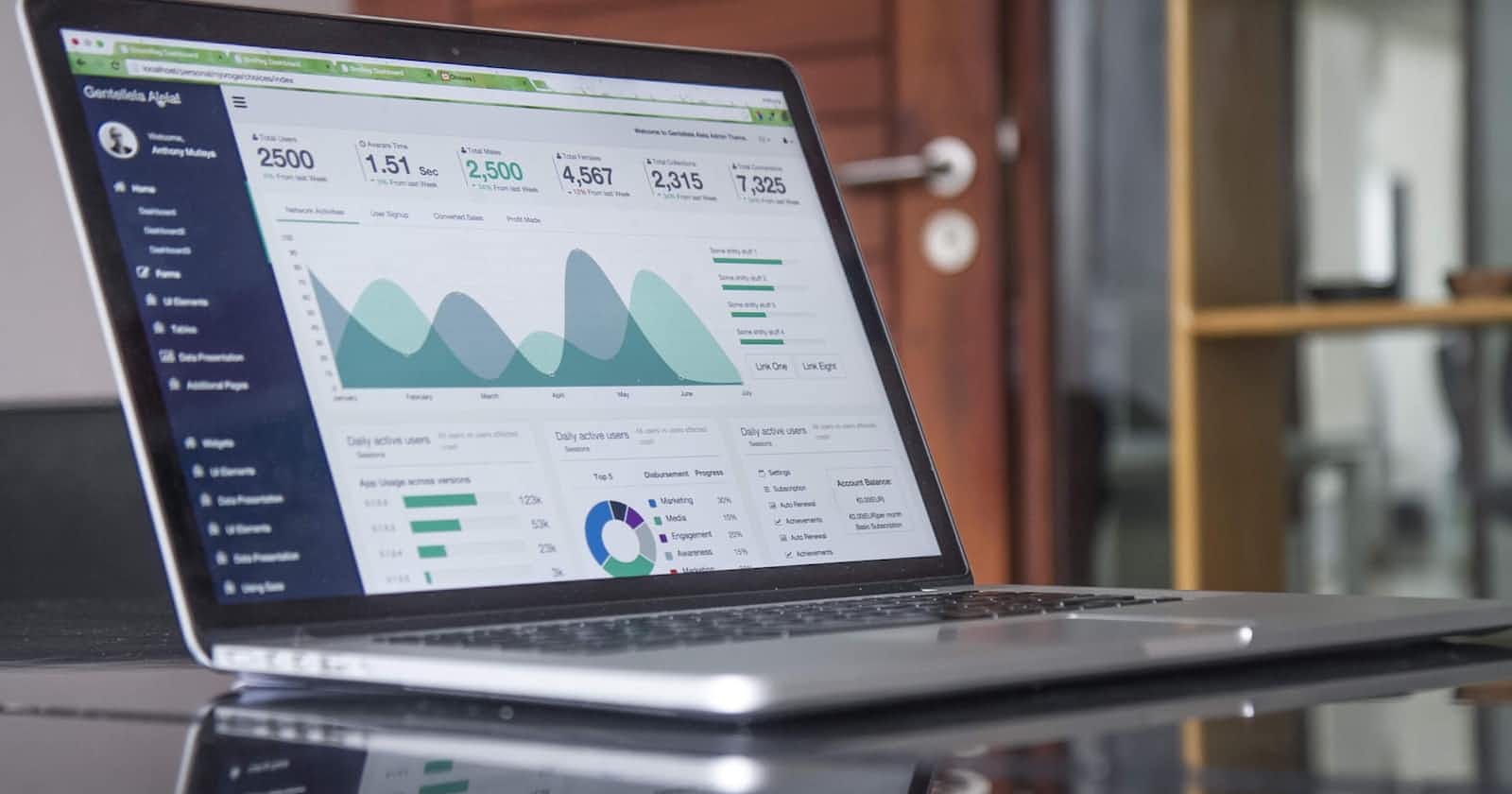Table of contents
Full stack Data scientist Road map
A full-stack data science road map typically includes a combination of skills in statistics, programming, machine learning, data visualization, and deployment. Here's a comprehensive road map that can help you become a full-stack data scientist:
1. Mathematics and Statistics:
Linear algebra
Calculus
Probability theory
Statistical inference
2. Programming and Software Engineering
Python programming language
Object-oriented programming (OOP)
Version control systems (e.g., Git)
Software development practices
3. Data Manipulation and Analysis
NumPy for numerical computations
Pandas for data manipulation and analysis
SQL for database querying
Data cleaning and preprocessing techniques
4. Data Visualization
Matplotlib for basic visualizations
Seaborn for statistical visualizations
Plotly for interactive and dynamic visualizations
Tableau or Power BI for advanced visualizations
5. Machine Learning
Supervised learning algorithms (e.g., linear regression, decision trees, random forests, support vector machines)
Unsupervised learning algorithms (e.g., clustering, dimensionality reduction, anomaly detection)
Deep learning frameworks (e.g., TensorFlow, PyTorch)
Model evaluation and validation techniques
6. Big Data Technologies
Apache Hadoop ecosystem (e.g., HDFS, MapReduce, Hive).
Apache Spark for distributed computing.
Handling large datasets with tools like Apache Kafka or Apache Beam
7. Deployment and Productionization
Containerization with Docker
Building RESTful APIs with Flask or Django or fastAPI
Cloud platforms like AWS, Azure, or Google Cloud Platform (GCP)
DevOps practices for continuous integration and deployment
8. Advanced Topics
Natural Language Processing (NLP)
Time series analysis
Reinforcement learning
Graph analytics
9. Domain Knowledge
- Gain expertise in a specific domain such as finance, healthcare, or e-commerce. This involves understanding the relevant data and domain-specific challenges.
10. Continuous Learning and Collaboration
Stay updated with the latest research papers, blogs, and conferences
Participate in Kaggle competitions and open-source projects
Collaborate with other data scientists and researchers to expand your knowledge
Remember, this road map is a general guide, and you can tailor it according to your specific interests and career goals. It's essential to practice hands-on projects and work on real-world datasets to gain practical experience and reinforce your learning.
Also if you have a strong background in mathematics and statistics, you can leverage those skills in the field of data science.

